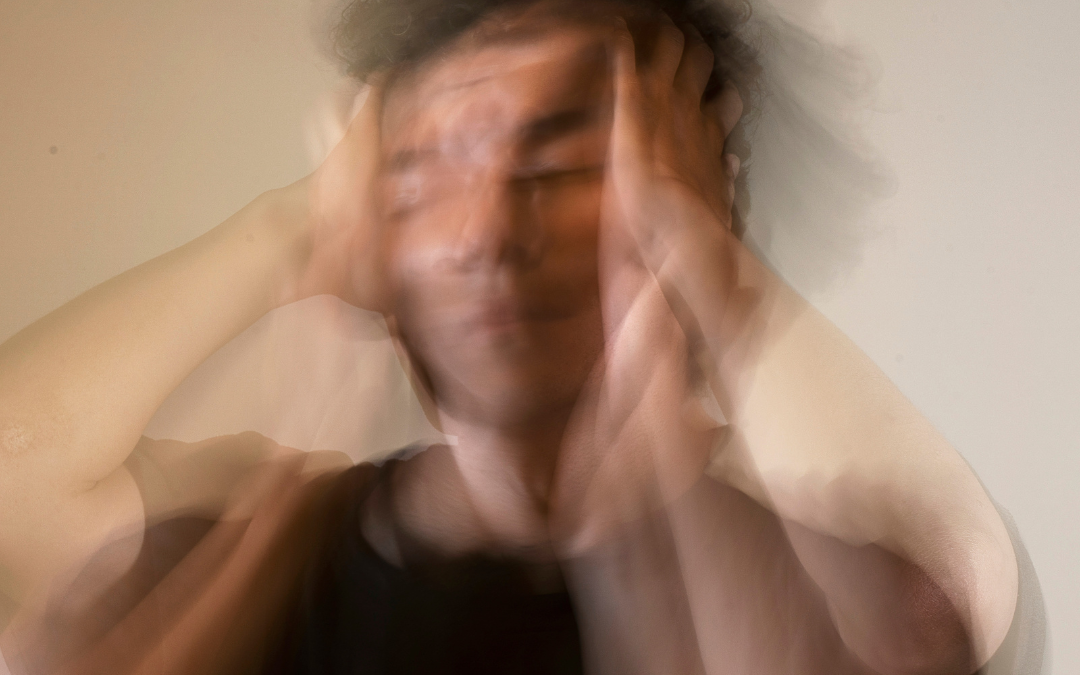Anxiety and depression are significant mental health challenges that disproportionately affect the LGBTQ community. Various factors contribute to the heightened prevalence of these conditions among LGBTQ adults, ranging from societal discrimination to personal identity struggles. This article delves into the causes of anxiety and depression in LGBTQ adults and explores effective coping strategies to manage these mental health issues.
Understanding the Prevalence of Anxiety and Depression in LGBTQ Adults
Research indicates that LGBTQ individuals experience anxiety and depression at higher rates than their heterosexual and cisgender counterparts. This disparity highlights the need for targeted mental health interventions and supports within the LGBTQ community.
Causes of Anxiety and Depression in LGBTQ Adults
1. Discrimination and Stigma
Experiences of discrimination, whether based on sexual orientation, gender identity, or both, are common among LGBTQ adults and can lead to chronic stress, anxiety, and depression. This includes discrimination in healthcare, workplace, family rejection, and social ostracism.
2. Minority Stress
Minority stress — stress stemming from being part of a stigmatized minority group — significantly affects LGBTQ adults. The constant pressure of coping with societal rejection and hiding one’s identity can exacerbate mental health issues.
3. Internalized Homophobia
Internalized homophobia refers to the self-hatred that occurs in some LGBTQ individuals due to societal attitudes. This condition can lead to deep-seated anxiety and depression as individuals struggle with their self-worth.
Coping Strategies for Managing Anxiety and Depression
1. Seek LGBTQ-Affirmative Therapy
LGBTQ-affirmative therapists such as the ones at East Coast Mental Wellness, understand the specific issues faced by the LGBTQ community and provide a supportive space to explore and address mental health challenges without judgment. These professionals are equipped to help clients develop healthy coping mechanisms tailored to their experiences.
2. Build a Supportive Network
Having a strong support network of friends, family, or community groups who affirm one’s identity can significantly alleviate feelings of isolation associated with anxiety and depression. Community centers and online groups can also be valuable resources.
3. Practice Self-Care and Mindfulness
Engaging in regular self-care activities, such as exercise, meditation, and hobbies, can improve overall mental health. Mindfulness and relaxation techniques can also help manage stress and reduce symptoms of anxiety and depression.
4. Advocate for Inclusive Policies
Being part of advocacy efforts for LGBTQ rights can empower individuals and reduce feelings of helplessness and depression. Advocacy can also foster a sense of community and support that is crucial for mental health.
Conclusion
While anxiety and depression are prevalent among LGBTQ adults, understanding the underlying causes and implementing effective coping strategies can significantly improve mental health outcomes. It is crucial for healthcare providers, policymakers, and community leaders to continue working towards a more inclusive and supportive society that recognizes and addresses the specific needs of the LGBTQ community.
If you or someone you know is struggling with anxiety or depression, consider reaching out to East Coast Mental Wellness for one of our Free 15-minute consultation services . Together, we can build a supportive environment that promotes mental wellness for all, regardless of sexual orientation or gender identity.


Recent Comments